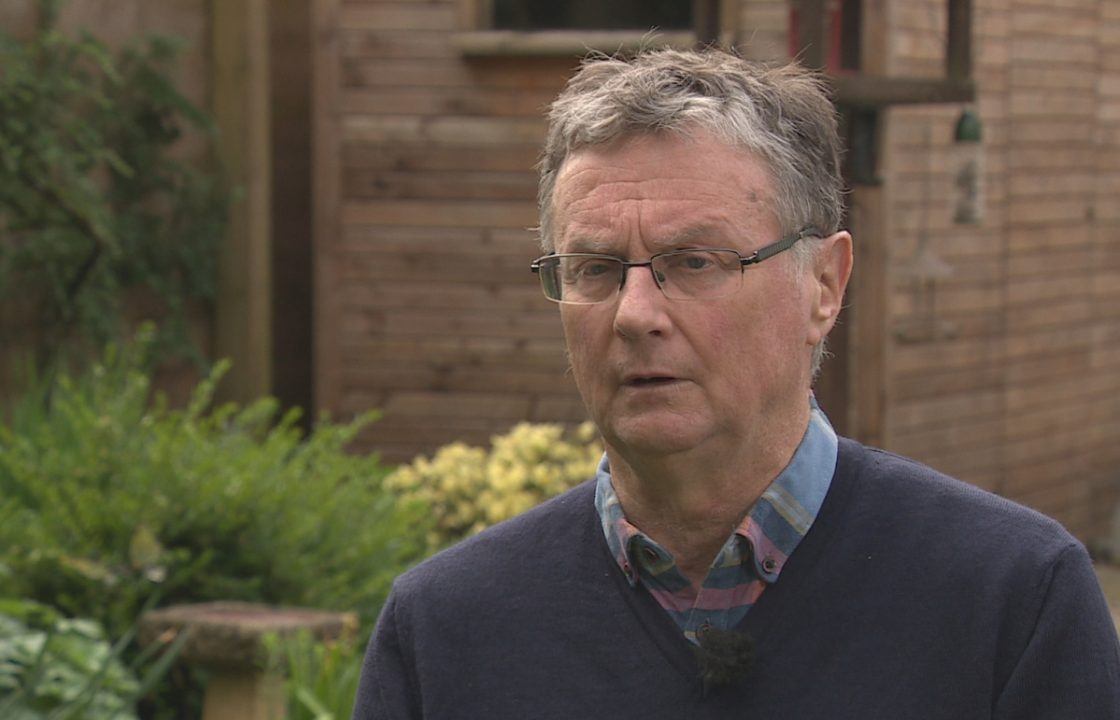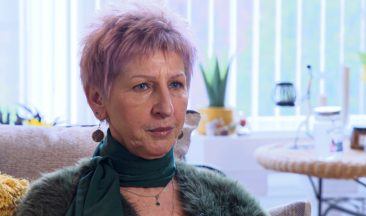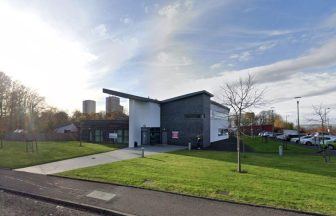Key Points
-
 Final report of independent Infected Blood Inquiry to be published on Monday
Final report of independent Infected Blood Inquiry to be published on Monday -
 In total, it’s thought about 2,900 people in the UK have died as a result of the scandal.
In total, it’s thought about 2,900 people in the UK have died as a result of the scandal. -
 Some 3,000 people in Scotland were infected with Hepatitis C through NHS blood or blood products in the 1970s through to 1991
Some 3,000 people in Scotland were infected with Hepatitis C through NHS blood or blood products in the 1970s through to 1991 -
 Some were also infected with HIV in the early 1980s
Some were also infected with HIV in the early 1980s -
 Among those affected is Bill Wright, a prominent campaigner with Haemophilia Scotland
Among those affected is Bill Wright, a prominent campaigner with Haemophilia Scotland
Bill Wright has been helping victims of the infected blood scandal for decades.
The prominent campaigner would have loved nothing more than to be stood alongside them in London on Monday when an independent inquiry’s final report is published.
But he’ll be at home in Scotland dealing with his own ill health caused by a dosage of contaminated blood that he received aged 27.
Bill has recently been placed on the transplant list for a new liver and is waiting for a phone call at any moment, depriving him of a front-row seat for what he says will be a seismic moment.
“This day (Monday) is absolutely huge,” Bill told STV News. “We have waited, I’ve waited 25 years for this.
“It’s impossible to overstate just how important this day is. I believe this is not going to be a ripple for the government, this is going to be an earthquake for the government when this report comes out.”
Bill was an active young man in his late 20s and enjoyed spending time outdoors. But treatment he received for a large bruise on his thigh transformed his life forever.
He received a dose of factor VIII at the Royal Infirmary of Edinburgh, which turned out to be contaminated.
People with haemophilia A have a shortage of a clotting agent known as Factor VIII, whereas people with haemophilia B don’t have enough Factor IX.
A new treatment was developed in the 1970s to replace the missing clotting agents, made from donated human blood plasma.
But whole batches of the replacement Factor VIII and IX products were contaminated with deadly viruses.
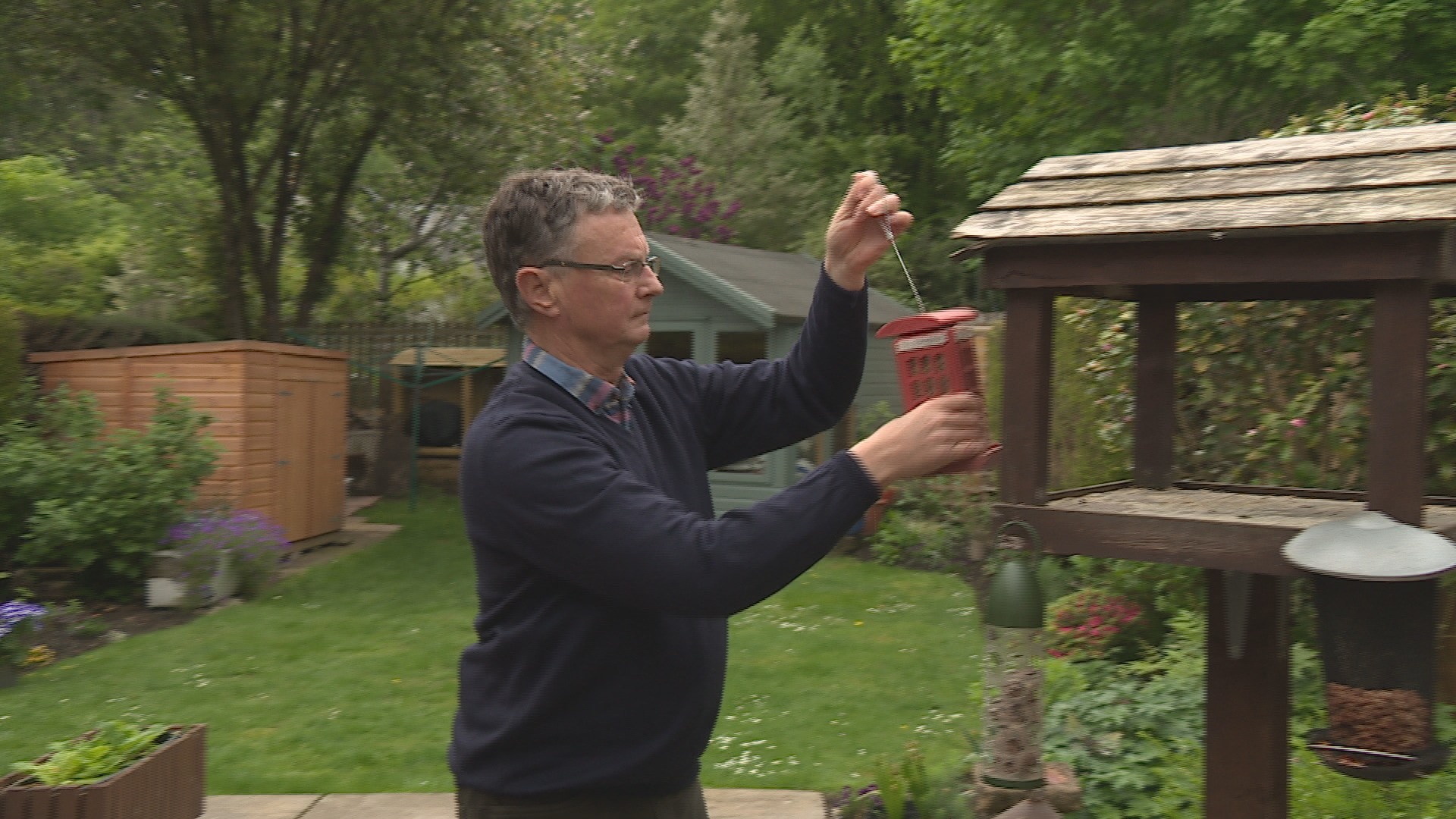 STV News
STV NewsIn Bill’s case, he went onto contract Hepatitis C and was told he had ten years to live after receiving a dosage of contaminated blood.
He received four bouts of interferon treatment before being administered Harvoni in 2015, a medicine that finally removed the last traces of the virus.
“I would really ask people to try and understand that this story has never ended. I’ve now personally got liver cancer because of what happened 38 years ago,” Bill told STV News.
The Infected Blood Inquiry was ordered almost seven years ago by then prime minister Theresa May to look into the circumstances in which people treated by health services were given infected blood, in particular since 1970.
It is estimated that thousands of people were infected with HIV and hepatitis by contaminated blood between 1970 and 1991.
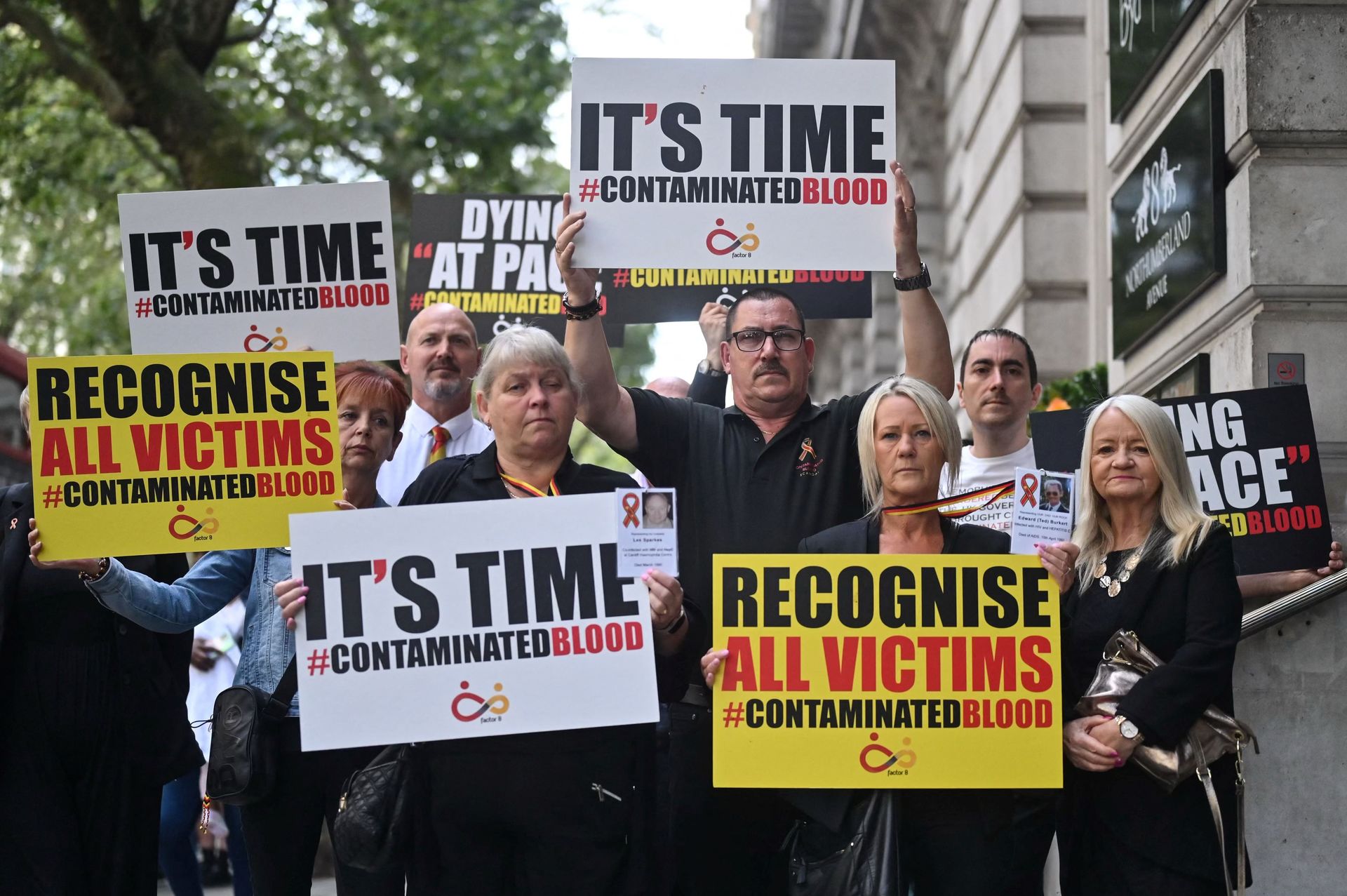 Getty Images
Getty ImagesIn July last year, the inquiry made the recommendation that victims should receive interim compensation of £100,000.
As a result, in October 2022, the government said thousands of victims of the infected blood scandal would receive interim compensation payments of £100,000 – and it has already made interim payments of around £400m to people infected and to bereaved partners.
However, inquiry chairman Sir Brian Langstaff, a former High Court judge, has concluded that many family members remain “unrecognised” when it comes to compensation.
“The consequences have been utterly, utterly immense. A lot of people have been completely broken by this story, not simply because of the physical consequences but because of the sense of abandonment that there has been over many, many years.
“I think one of the things that Sir Brian Langstaff in his team, and really we have to give them great tribute for this, is this inquiry has actually helped address that sense of abandonment. I think a lot of people feel that they actually matter more now.”
“The way that the evidence has been brought to light during the course of the inquiry. It’s already exposed just how badly people were dealt with both at individual levels in terms of the treatment they had and the failure to communicate with them.
“This is right up to the levels of government pushing it away, not wanting to deal with this. There has been failure after failure. The failures have been compounded over the years and decades.”
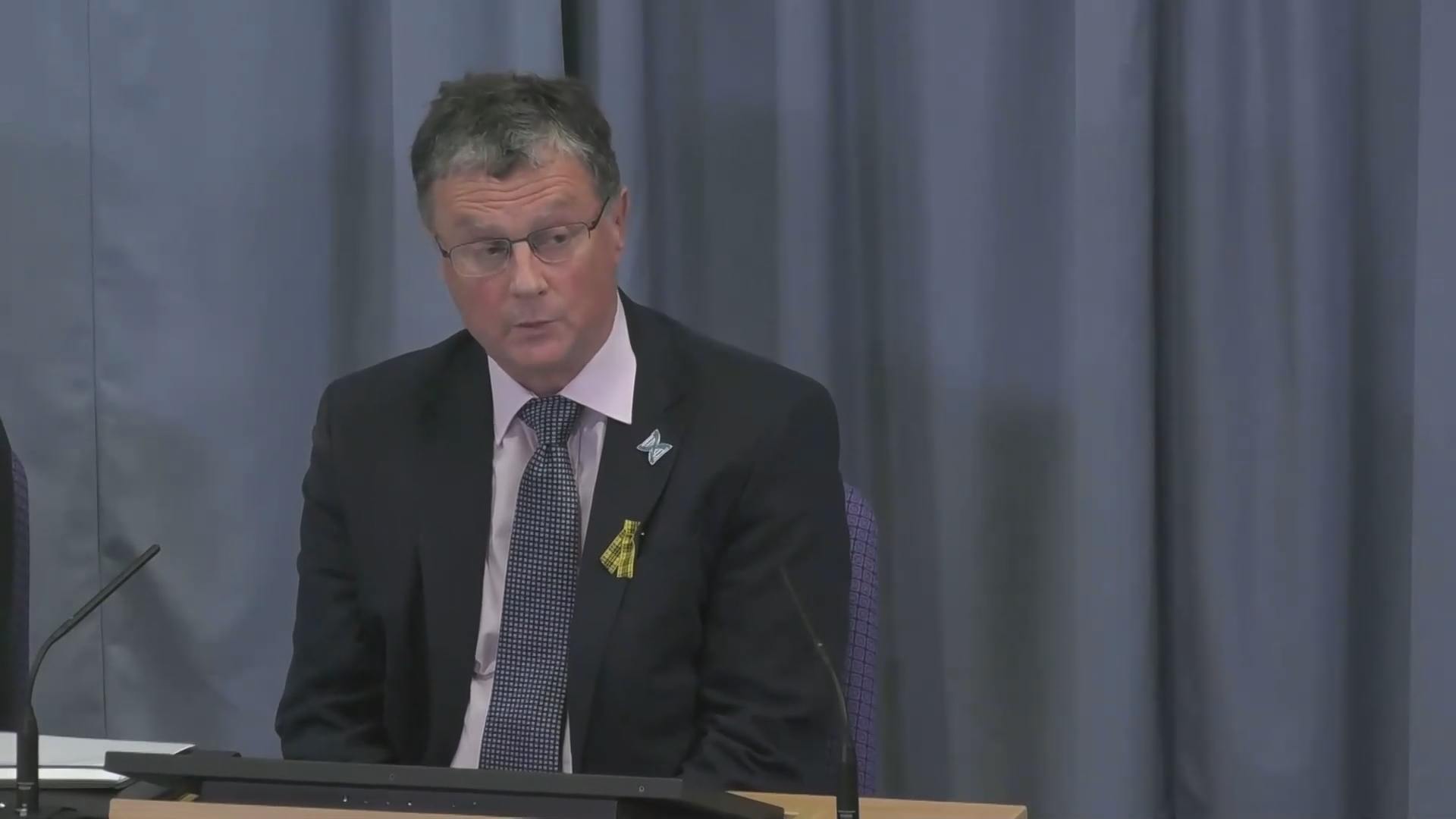 STV News
STV NewsBill, from Birnam in Perthshire, is now co-chair of Haemophilia Scotland and has been the driving force behind the charity’s representation at the infected blood inquiry and the previous Penrose inquiry in 2015, which examined the systems and procedures in place in Scotland.
“The recent news that I’ve been diagnosed with liver cancer, the timing couldn’t have been worse frankly,” he said. “It didn’t come as an entire surprise because I was infected with Hepatitis C 38 years ago and then developed liver cirrhosis as a consequence.
“I knew developing hepatocellular carcinoma was a strong possibility but I am frustrated because I have to stay in Scotland to be available, should I get a telephone call for a liver transplant.”
“Obviously telling your story publicly isn’t easy and I have to pay tribute to all those many people in Scotland and beyond who who’ve done that.”
Those affected by the scandal include parents who lost children, along with children who were orphaned when their parents died.
“I do feel a huge weight of responsibility,” said Bill. “Obviously my personal situation having cancer and being on the transplant list is quite daunting just now. But what has affected me over the years is that I have sat in a lot of front rooms, listening to the personal stories of people who’ve been affected by this.
“Those who were infected and the damage that was done to them. Widows, in particular and daughters and sons who have been with their loved ones when they were dying.
“Those impact of stories are inescapable. I’m in the fortunate position to be able to try and do my best, along with other campaigners in Scotland to help. But there’s also other campaigners who unfortunately have passed on during the years who fought for truth and justice, who would have loved to have seen this day.
“Others have died relatively recently, I’ve been at a lot of funerals in the last two or three years. Others are severely debilitated. Monday is certainly about truth. We’ve never really had the truth. We poked at the truth with the Penrose inquiry and there were certainly revelations from that inquiry that showed things could have been done better.
“I expect on Monday for that to be illuminated much more. Justice comes in many forms. Part of that justice most certainly is financial compensation because that is a way of governments saying yes we did wrong, you deserve this. It also hopefully led to governments, both devolved and in London, actually taking steps to ensure that they act on the recommendations.”
Haemophiliacs have a rare genetic condition that causes a lack of factor VIII and are most at risk from infected blood products.
Until the 1970s, treatments were relatively limited as that’s when the mass production of freeze-dried factor VIII concentrates began.
However, many of those products were sourced cheaply from the US as demand far outstripped supply. That meant products were arriving from a dangerously deregulated system that relied on donations from high-risk groups, including prisoners, drug addicts and sex workers.
But Bill said he hopes the report will also deal with cases of infected blood closer to home.
He said: “I think the UK-wide media narrative has been that this was all about American blood products. It wasn’t.
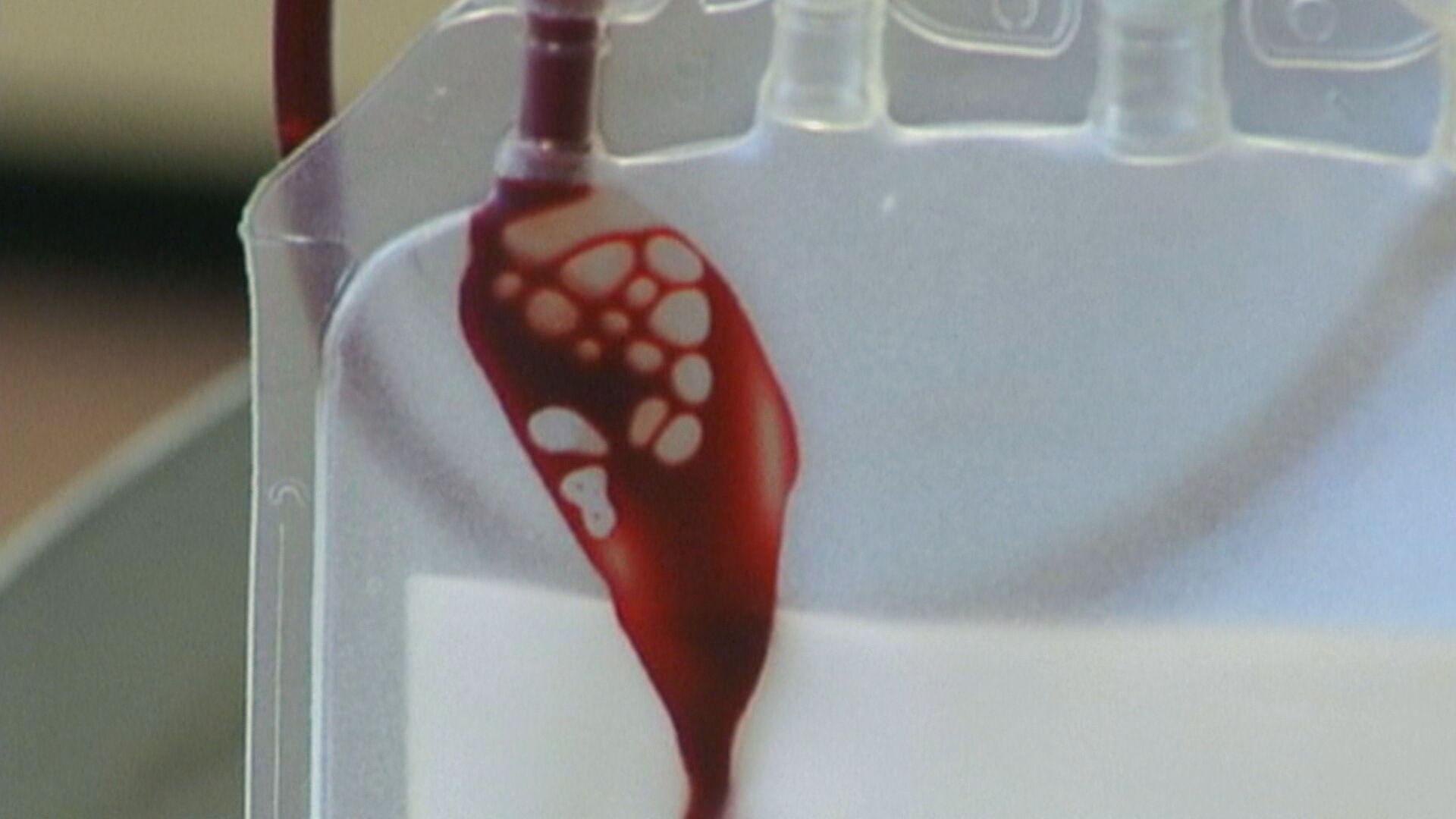 STV News
STV News“I was infected via a blood product derived from Scottish blood donors and that’s the case for most people affected in Scotland.
“The one exception in Scotland, which I’m hoping the report will deal with, is the case of the children’s hospital in Yorkhill in Glasgow.
“The consultant there chose to use American products, which clearly involved a much greater risk.”
Bill now hopes his upcoming operation will mark another huge milestone on the road to recovery.
“Obviously the idea of a liver transplant is highly daunting,” he said. “I know it’s an operation that’s not without risk but if it’s successful, it could give me a whole new life.
“I guess my wife and I are having to treat this as something of an adventure and we’ve got through the first stages, so we’ve now got a couple of big stages to get through next.”
Follow STV News on WhatsApp
Scan the QR code on your mobile device for all the latest news from around the country


